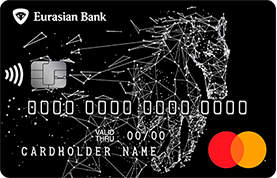The Prosecutor General’s Office told about the mechanism for collecting funds from droppers for unjustified enrichment.
In Kazakhstan, cases of fraud involving so-called droppers have become more frequent – people who are attracted by promises of easy earnings without disclosing their real participation in criminal schemes. These people conduct financial transactions related to the receipt and transfer of illegal funds through their bank accounts, cards or accounts in payment systems, thereby helping fraudsters hide the traces of crimes.
To combat such actions, the Prosecutor General’s Office, together with the Supreme Court, developed a mechanism for collecting funds from droppers within the framework of Article 953 of the Civil Code on unjustified enrichment.
“As of today, 83 such court decisions have been taken in the Pavlodar Region alone, where more than 110 million tenge has been recovered from droppers. At the same time, if the droppers are directly involved in fraud, they are prosecuted as accomplices,” the Prosecutor General’s Office told.
At the same time, work is underway to bring droppers to administrative and criminal responsibility for transferring access to their bank accounts, electronic means of payment to third parties, as well as for providing authentication data from Internet banking and electronic wallets in exchange for financial remuneration.
“In order to avoid involvement in such schemes, one should be careful with offers of ‘easy’ work, not transfer personal bank data and report suspicious offers to law enforcement agencies. The Prosecutor General’s Office warns that participation in such schemes may lead to criminal liability and financial sanctions,” the Prosecutor General’s Office commented.
It should be noted that the Civil Code of Kazakhstan regulates the obligation to return unjustified enrichment. A person who, without grounds established by law or a transaction, acquired or saved property (unreasonably enriched) at the expense of another person (the victim), is obliged to return to the latter the unreasonably acquired or retained property.





